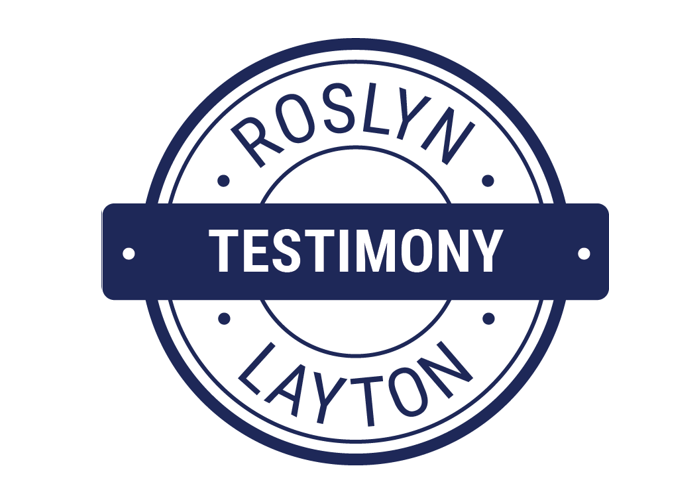Policy and Regulation in the Transportation Industry

Safety Culture vs. Safety Systems in Transportation
Safety culture is a set of beliefs, practices, norms, and rules which mediate transportation. Research suggests that safety gains (including reduced death and injury) are related to learned practices as a psychological or social concept in workplaces facilitated by manager commitment and employee involvement. By contrast, a safety system is a risk management paradigm which attempts to prevent and minimize adverse outcomes through protective and preventative measures. Both elements can be observed to different degrees in the policy and regulation of different transport networks, whether rail, air, or road. I explore these issues in The Regulatory Review (March 11, 2023) Safety Culture vs. Safety Systems in U.S. Transportation.
Telecommunications and transportation share important legal and academic pedigrees. The Commerce Clause refers to Article 1, Section 8, Clause 3 of the U.S. Constitution, which gives Congress the power “to regulate commerce with foreign nations, and among the several states, and with the Indian tribes.” The US Senate Commerce Committee and the House Energy and Commerce Committee conduct this oversight and policy today. The Interstate Commerce Act of 1887 created an Interstate Commerce Commission (ICC) to oversee the railroad industry, perhaps the first US regulatory agency. Moreover, the economics of networks, whether freight rail, telecommunications, or utilities, have common regulatory concepts: market definition, competition, barriers to entry, economies of scale, multisided markets, technology, innovation, interconnection, switching, terminal pricing, licensing, and so on.
One political economy interpretation of this development is that 19th century agricultural interests organized to exert power over the railroad industry. The US railroad industry is replete with its own history: its role in driving industrialization and modernization and the pathways it enabled to help settlers expand across the country. Notably there was competition among industry and states for political and economic power. Those industries converged in the regulation of commerce.
For example, a 19th century grain supplier would prefer that the government set the shipping price as close to zero as possible instead of engaging in the market. Companies learned that it could be easier to achieve outcomes through politics rather than to compete in the market. Similarly, regulators found a lucrative business to exchange economic rents for political support.
However short-term wins for any party or industry frequently undermine economic efficiency (the rational, prudent use of scarce resources) and the long-term interest of people in a society. Thus following a few decades of tortured rail rate-regulation, the U.S. did not have adequate rail infrastructure needed to ship munitions for World War I. New forms of transportation emerged that proved more convenient and flexible than regulated rail, such as trucks. However that is not a justification to undermine or abandon an important infrastructure.
By the 1970s, when the ICC reached its height of over 2,000 employees, Congress began the long overdue process of deregulation. Unsurprisingly, freight railroad investment, safety, and quality surged. Congress continued further deregulation in 1996, and the organization was renamed the Surface Transportation Board (STB).
Over its life, different industrial constituencies have paid tribute to the STB with the hope of getting preferred rates, whether chemicals, lumber, fertilizer, or even corn refiners. On the flip side, other industries choose different solutions to ship their goods, especially energy providers which want to control their distribution by building pipelines. Others use barges/ships, planes, trucks, or drones, or a combination. Modern market economies and information technology improve parties’ ability to transact reducing the need for a sector-specific regulator, which played a role to provide information and policy anti-competitive behavior.
I testified to the STB on reciprocal switching, an “open access” policy for various privately-owned freight railroads on February 11, 2022.
See my related articles on transportation policy)
- Improving Truck and Train Safety The Regulatory Review (June 17, 2024)
- Safety Culture vs. Safety Systems in U.S. Transportation The Regulatory Review (March 11, 2023)
- Freight Rail Pushes Past Pandemic Driving Billions To US Economy (Feb. 3, 2023)
- Many American Workers Are Suffering, But Not Those In Not Freight Rail (Nov. 30, 2022)
- The 2 Man Crew Mandate Threatens US Leadership In Freight Rail (Jun. 28, 2022)
- Up 700%, China’s Consumption Of US Coal Drives Shortages, Not Railroads (Jun. 1, 2022)
- Freight Rail Wants Smarter, Greener And Safer Shipping. Its Regulators Have Other Ideas (Noc. 22, 2021)
- Summarizing The Success Of 40 Years Of Deregulation In Air And Freight Transportation (Oct. 14, 2020)
- Networks Owners Rise to the Occasion Even in a Pandemic, The Regulatory Review (Aug 18, 2020)
- In An Era Of Deregulation, Why Is The STB Re-Regulating The Freight Railroads? (Dec. 10, 2019)
- The Signs and Symptoms of Regulatory Obsolescence in Network Industries AEI (Oct. 25, 2019)